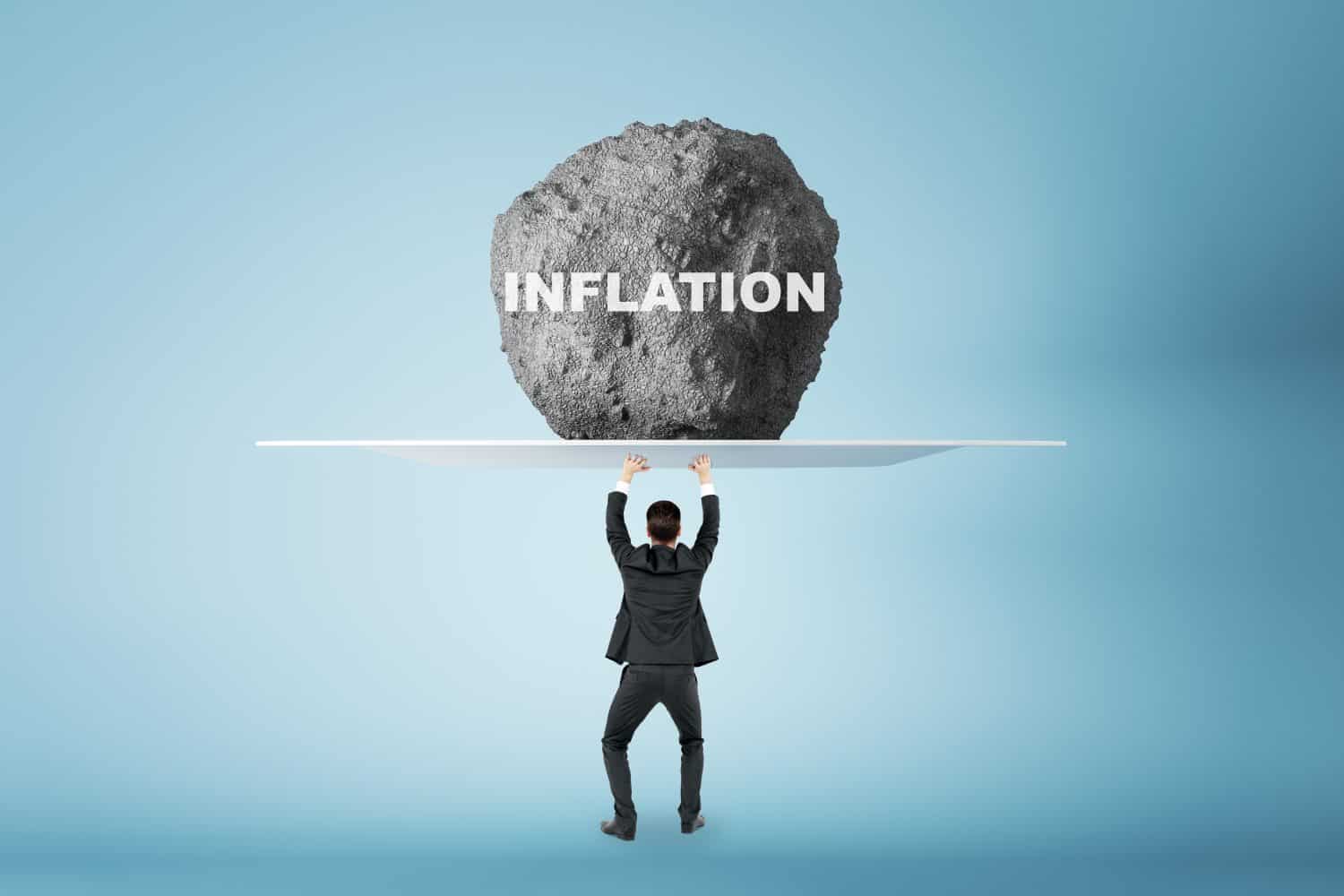
"Inflation has continued to chip away at our purchasing power despite the modest raises we may have gotten from our employers or the inflation-adjusted boost to various benefits. Indeed, inflation seems more or less tamed when you have a look at the CPI (consumer price index) figures. However, there's a palpable difference between the headline inflation number and what everyday Americans are experiencing. Inflation is cooling, but why does it feel like a 2.7% Cola isn't quite enough? Undoubtedly, nosediving gasoline prices have dragged down the CPI number under the 3% mark. But for the many Americans who don't drive, they're not feeling all too much in the way of relief. Food inflation was a tad hotter than the headline inflation figure at just a hair shy of 3%."
"Additionally, rent inflation is still a tad on the steep side. So, as energy prices pull the CPI lower, food and shelter have pulled it higher. And that's not even considering the wave of inflation that left its mark in prior years. Indeed, Americans need a break from all this inflation. And while the Cola (cost of living adjustment) has been adjusted, now at 2.7%, seemingly keeping pace with the rate of inflation, it seems like the modest increase does not account for the sticker shock at the local grocery store. Further, rent increases may be magnitudes higher than the latest projected Cola. Given this, many Americans may find that they're falling behind as the costs of necessities rise at a slightly hotter rate than the CPI."
Inflation has reduced purchasing power despite modest raises and benefit adjustments. Headline CPI has cooled largely because of falling gasoline prices, but many Americans, especially non-drivers, see little relief. Food and shelter costs remain elevated and often rise faster than the headline number. A 2.7% cost-of-living adjustment may not cover sticker shock at grocery stores or steep rent increases, causing real-income erosion. Prior years' inflation has accumulated effects on household budgets. Potential Federal Reserve rate cuts could revive inflation risks, further threatening purchasing power for retirees and those on fixed incomes.
Read at 24/7 Wall St.
Unable to calculate read time
Collection
[
|
...
]